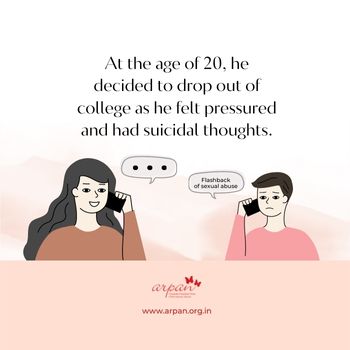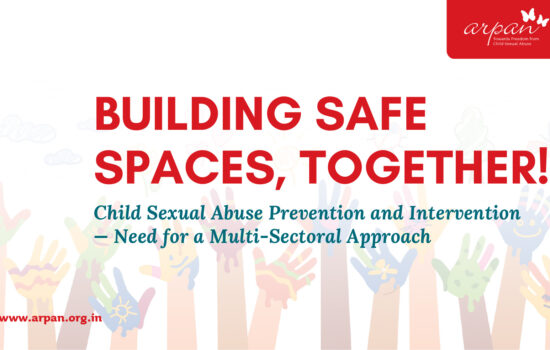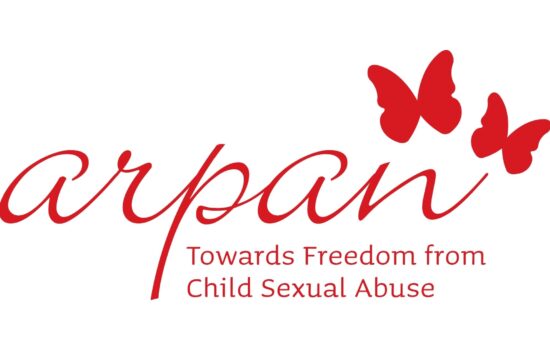A 20-year-old young adult approached Arpan through the helpline number to seek counselling. He often had flashbacks of incidents of sexual abuse that he faced during his childhood and as a teenager. These flashbacks always left him feeling dirty and disgusted. To avoid the aftereffect of these thoughts, he felt compelled to frequently observe cleaning rituals, such as repeatedly washing his mouth, face, hands, earphones and even mobile, as he believed that everything had become dirty. His actions and behaviours soon led to him being diagnosed with Obsessive-Compulsive Disorder (OCD).
Therefore, it was necessary to understand the root cause of his behaviour while simultaneously psychoeducating him on his recurring thoughts and compulsions as well as involving his parents to effectively respond to the situation. During therapy, we realised that the flashbacks of the incidents of sexual abuse aggravated his belief that anything related to sex is ‘dirty’, and this cognitive distortion led to his compulsive acts of ‘cleaning the dirt’.
The counsellor acknowledged and validated his feelings and psychoeducated him about his overwhelming automatic thoughts. Since his obsessive thoughts were rigid and consistent, constant reiteration and reinforcement were required in helping him move toward a healthy way of thinking. In this process of guidance and healing, activities such as the ‘circle of control’, grounding exercises, three filter questions and metaphors helped him introspect and challenge his thought patterns, which would otherwise present themselves in an endless loop. The three filter questions were ‘Is this thought logical?’, ‘‘why do you think that this thought is true? and ‘How is this thought healthy or harmful for you?’ Understanding automatic thought patterns and questioning his thoughts significantly reduced his obsessions and compulsions, whereas activities like visualisation and the ‘straw activity’ helped him heal from his abuse-incited trauma.
The client also decided to drop out of college as he felt pressured and had suicidal thoughts. To mitigate this, a cost-benefit analysis was introduced. Through this analysis, the client realised that the importance of pursuing his education outweighed his inhibitions. This insight helped him make a conscious and informed decision about his future as well as his career path.
As the therapy progressed, the client was also able to process his memories of the abuse-related trauma in a healthy way. He was able to identify the pattern of his obsessive thoughts and break the pattern before it debilitated, reducing his feelings of disgust.
The client is currently on his journey of healing from the residual impact of trauma and ensuring that he has enough resources to overcome the automatic loops of unhealthy, negative thoughts. Although the client has reached stabilisation, a long road ahead still exists as this journey of healing is far from over.









